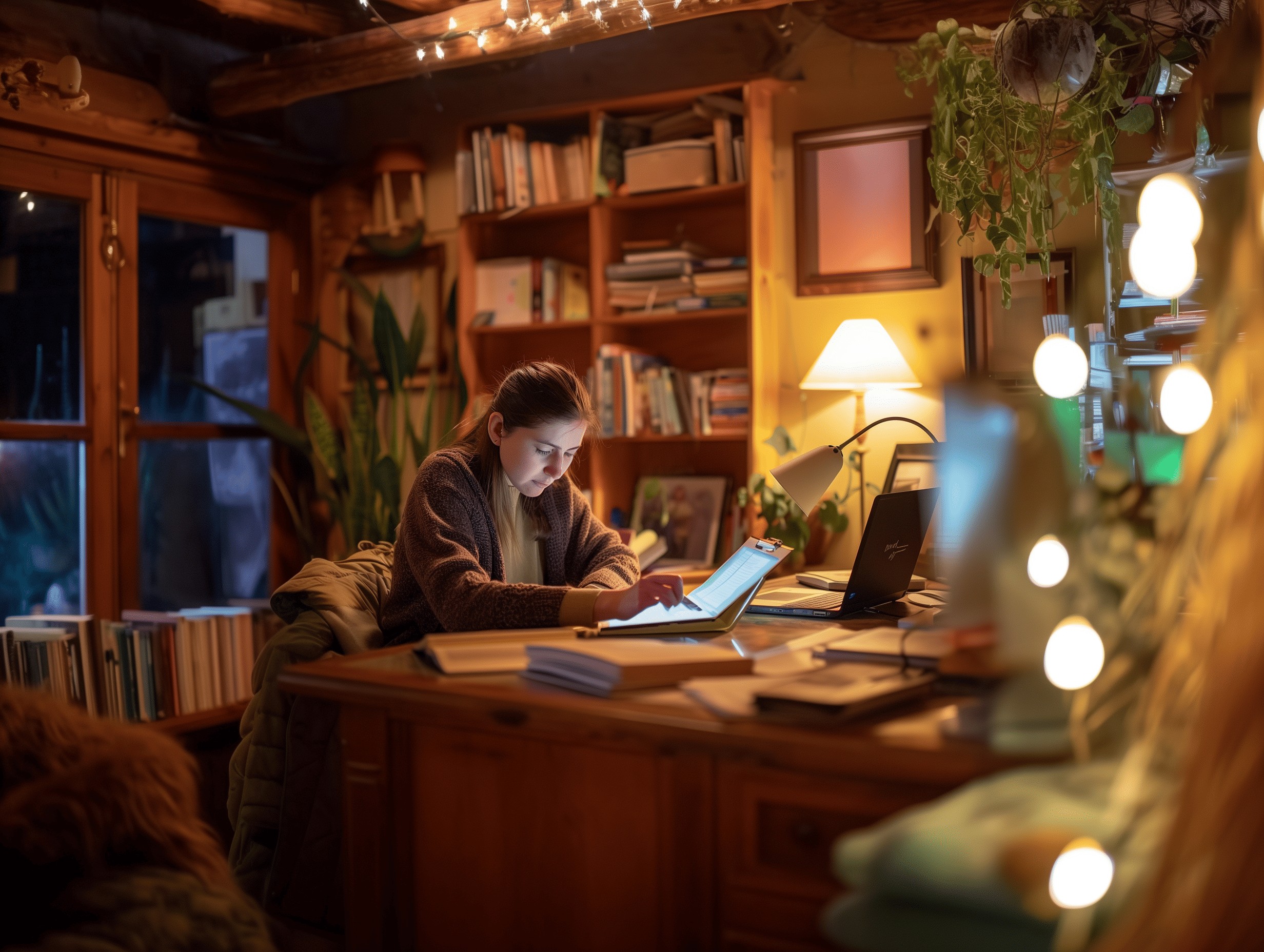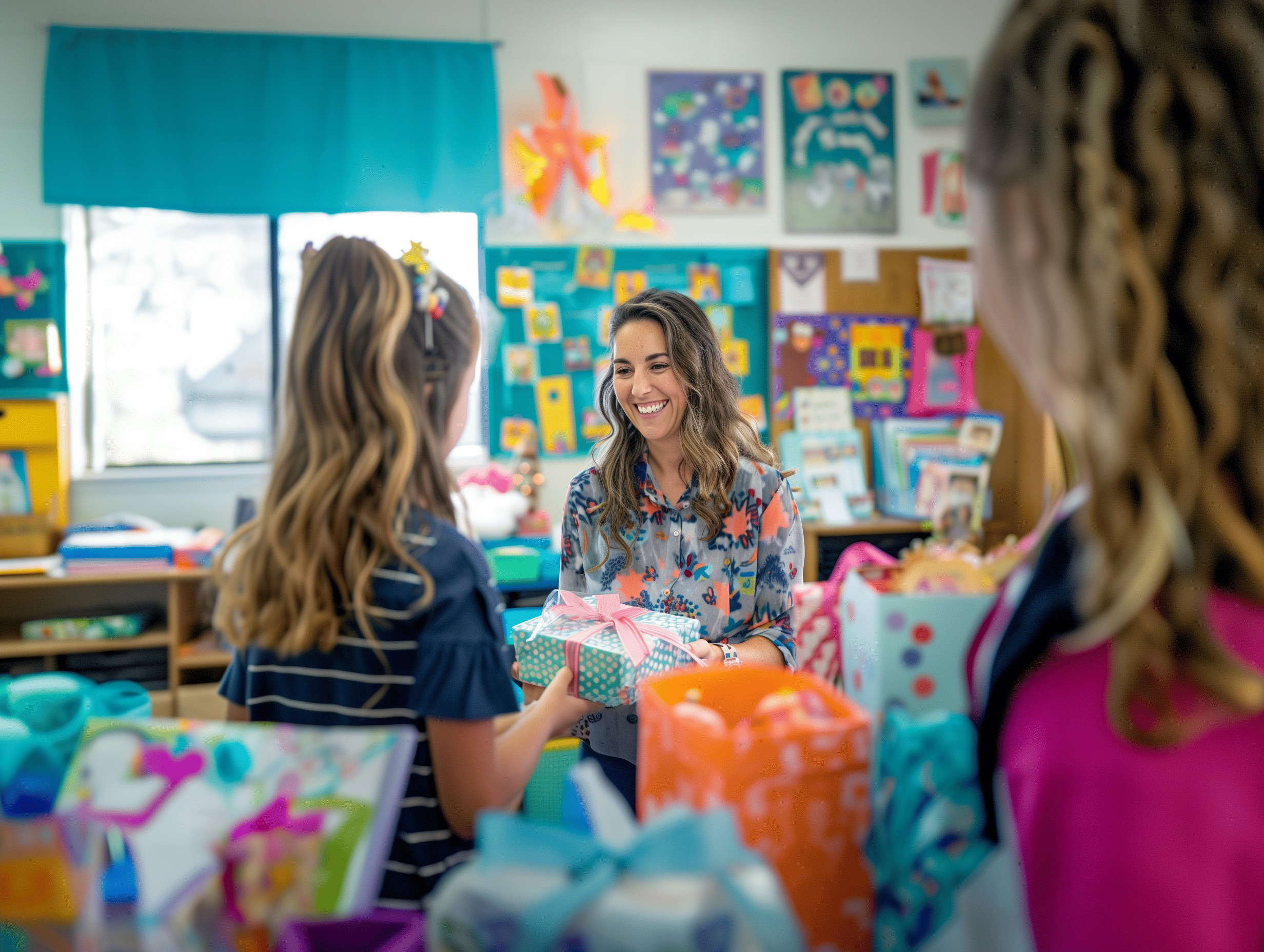Campus Security and Violence Reduction
Ms. Connie Sampson is an Assistant Chief with the University of Georgia police department. Questions for Thought: 1. Who are the key people involved in making a campus more safe? 2. What steps can be taken to increase campus safety? I. Personal and Property Safety
- Lock up property at all times
- Don't leave belongings unattended
- Identification numbers on valuables
- Never walk alone
- Avoid poorly lit areas
- Walk close to curb facing traffic
- Highly visible police presence on campus
- B.I.T.E.: Bicycle Intensive Target Enforcement
- Free programs offered to students, faculty, staff
- Identifies safe and unsafe areas
- Suggests strategies for modifying those areas
- Limit the number of guests
- Limit age to eighteen or older
- Ban known troublemakers
- Student code of conduct
- Summary of state laws for administrators
-
School Resource Officer
- Exposes students to workings of criminal justice system
- Safety programs
- Mentoring and counseling
Conducting a Campus Safety Inventory
1. Identify team members to conduct the inventory. These should include the
school resource officer (or a local police officer if an S.R.O. is not
available), the principal, a teacher, a representative of the parent-teacher
organization, and at least two students from different social groups. 2.
Brainstorm the areas where safety may be an issue on campus. Identify where
violence has occurred within the last year. 3. Are there identifiable "turfs"
for specific gangs, or groups of students on your campuses? List these. 4. List
all areas where students are not under direct supervision (bathrooms, hallways,
locker-rooms, parking lots, etc.). 5. Visit each of these places and determine
what improvements may be desirable. Do not limit the specifications because of
cost at this point; merely state the desired equipment, including the monitoring
and supervision needs. 6. Note the physical surroundings in each area (lighting,
bushes, desks, or things in storage which may prevent visibility). 7. Determine
if areas can be made off limits. (Can storage areas be locked up? Can areas
behind bushes be fenced off?) 8. Seek written ideas on safety from the faculty
and student government associations. Incorporate these suggestions for
improvement into your thinking. 9. Consider all input for each source and write
a detailed plan, stating the safety needs and the desired resources. 10. Solicit
funds from every possible source (school budget, PTA/PTO, etc.), and implement
as many strategies as possible.
Personal Rules for Campus Safety
1. Never walk alone; walk with a buddy. 2. Avoid poorly lit streets, alleys,
parking lots, and wooded areas. 3. Walk close to the curb facing traffic. Avoid
areas of concealment such as shrubs, trees, and building entrances. 4. Be alert
to your surroundings. Don't be overconfident. 5. If someone is following you,
create a disturbance and run toward an open building. 6. Don't sleep on public
transportation. 7. Attackers expect passive victims, so walk with a steady pace
and appear purposeful. 8. When leaving a building, look around the area outside
before exiting the building. 9. Always lock your doors, even while you are
inside your vehicle. 10. Have your keys in your hand so that you don't have to
search for them. 11. If you are being followed, drive to a police station or a
well lit, highly populated area.
Preventing Date Rape
1. Remember that no one has the right to force you to have sex at any time,
regardless of how much money or time he or she has spent with you, or even if
you have had sex before. 2. Never accept a ride or lodging from someone you just
met, no matter how nice they seem. 3. Be aware that ineffective communication
can lead to serious misunderstandings. Don't give out confusing signals. If you
mean no, say "NO," and act accordingly. 4. Remember that alcohol and drugs
impair not only your judgment, but also your ability to make that judgment clear
to someone else. If you are socializing with a group that is using alcohol or
drugs, their judgment and their ability to understand you will also be impaired.
If you choose to use these chemicals, you are making yourself vulnerable.
| For more information |
| Teacher's Workshop 1250 Overlook Ridge Bishop, GA 30621 |
| Call: 1-800-991-1114 |
| Email us at: [email protected] |



